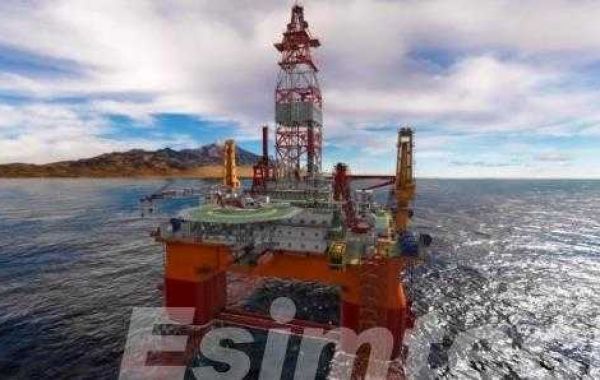Can offshore oil drilling ever be truly sustainable, or is it an inherently risky practice with an inevitable environmental cost?
The Environmental Challenges of Offshore Drilling
The environmental risks associated with offshore drilling are well documented:
Oil Spills: Catastrophic oil spills can devastate marine ecosystems, impacting everything from plankton to whales. The long-term effects can linger for decades, disrupting food chains and causing widespread habitat destruction.
Disruption of Marine Life: Seismic surveys used for oil exploration generate loud underwater noise, harming marine mammals and disrupting migration patterns. The construction and operation of drilling platforms can also damage sensitive ecosystems.
Greenhouse Gas Emissions: The entire lifecycle of offshore drilling, from exploration to extraction and transportation, contributes to greenhouse gas emissions, accelerating climate change.
These challenges pose a significant threat to the health of our oceans and the fight against climate change.
Exploring Solutions for a More Sustainable Future
Despite these challenges, there's a growing movement to make offshore drilling more sustainable. Here are some promising solutions:
Stricter Regulations: Implementing stricter environmental regulations and rigorous safety protocols can minimize the risk of accidents and spills. These regulations should hold companies accountable for any environmental damage they cause.
Technological Advancements: Investing in new technologies can help reduce the environmental impact of drilling. For example, more efficient drilling methods and closed-loop systems can minimize emissions and waste.
Renewable Energy Integration: The future of energy lies in renewables like wind and solar. Integrating these renewable sources with offshore drilling operations can create a hybrid system that reduces reliance on fossil fuels.
Focus on Carbon Capture and Storage: Capturing carbon emissions generated during drilling and storing them underground can significantly reduce the industry's overall carbon footprint.
The Road to a Sustainable Future
Achieving truly sustainable offshore drilling requires a multi-pronged approach. Stricter regulations, technological advancements, a shift towards renewable energy, and a commitment to carbon capture are all crucial pieces of the puzzle.
The future of offshore drilling is uncertain. However, by prioritizing environmental protection and embracing innovative solutions, it's possible to find a way to balance our energy needs with the health of our planet. The responsibility lies with governments, energy companies, and consumers alike to push the industry towards a more sustainable future.








